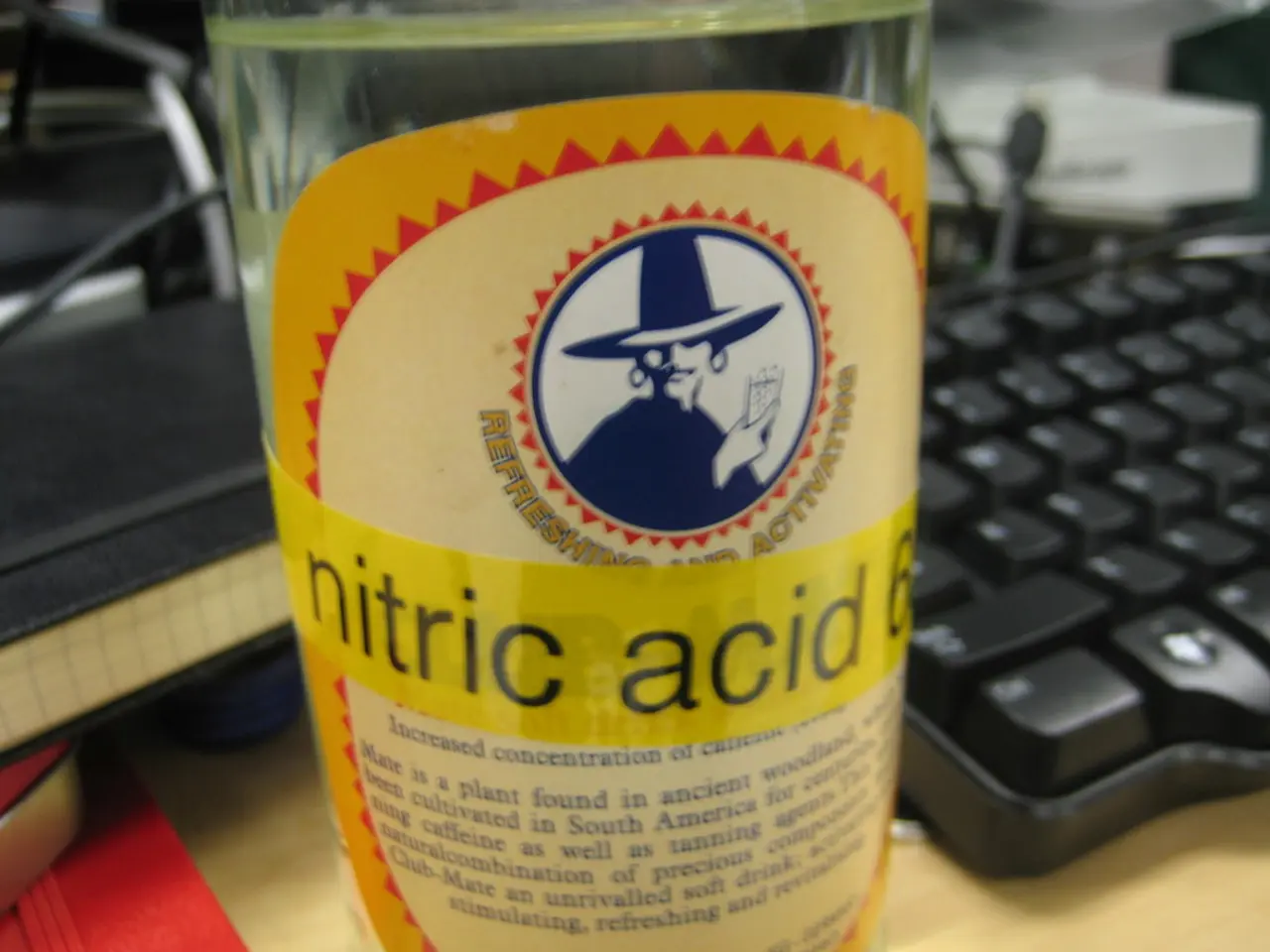Dietary Choices May Be Key in Preventing Parkinson's Disease
Recent research published in the prestigious Journal of Neurology, Neurosurgery & Psychiatry has found a link between the consumption of ultra-processed foods (UPFs) and the early signs of Parkinson's disease (PD). The study, conducted on nearly 43,000 participants of the Nurses' Health Study and Health Professionals Follow-Up Study in the United States, suggests that eating a dozen servings of ultraprocessed food daily could more than double the risk of developing PD.
The study, led by Dr. Xiang Gao, a distinguished professor and Dean of the Institute of Nutrition at Fudan University in Shanghai, China, found that people who ate about 11 servings a day of ultraprocessed food had a 2.5-fold greater likelihood of exhibiting three or more of the early signs of Parkinson's. Eating more ultraprocessed foods was tied to an increased risk for nearly all symptoms except constipation.
The study focused on the prodromal stage of Parkinson's disease, early signals that appear years to decades before the typical symptoms. Ultraprocessed foods measured by the study included artificially or sugar-sweetened beverages, condiments, sauces, and spreads, packaged sweets snacks or desserts, yogurt or dairy-based desserts, breads and cereals, and packaged savory snacks.
One reason suggested for this link is that ultraprocessed foods typically have less dietary fibre, protein, and micronutrients, but do have added sugar, salt, and saturated or trans fats. Ultraprocessed foods may also impact the balance of flora in the gut, while additives may increase inflammation, free radicals, and neuron death.
It's important to note that the study found a correlation between increased consumption of ultraprocessed foods and reported early symptoms, but did not find a direct increase in the risk of Parkinson's disease itself. However, Dr. Gao stated that the research suggests that eating too much processed food might be speeding up early signs of Parkinson's disease.
In a previous study by Dr. Gao, a healthy dietary pattern and physical activity were found to slow the progression of Parkinson's disease. Dr. Gao suggests that choosing to eat fewer processed foods and more whole, nutritious foods could be a good strategy for maintaining brain health.
The study was co-authored by Dr. Nikolaos Scarmeas and dietitian Maria Maraki, who wrote an editorial published with the study, stating that excessive consumption of ultraprocessed foods may accelerate neurodegenerative processes and associated symptoms.
This emerging evidence highlights diet, particularly the quality of food processing, as a modifiable factor that could influence PD risk. The study was published in the journal Neurology.
- The link between neurodegenerative diseases, such as Parkinson's disease, and the consumption of ultraprocessed foods (UPFs) is gaining attention in the field of neurology, as a recent study published in the Journal of Neurology, Neurosurgery & Psychiatry suggests that eating a dozen servings of ultraprocessed food daily could double the risk of developing PD.
- A healthy dietary pattern and physical activity, as suggested by Dr. Gao, could potentially slow the progression of neurodegenerative diseases like Parkinson's and may therefore play a significant role in health-and-wellness and fitness-and-exercise regimes.
- The study, published in Neurology, indicates that excessive consumption of ultraprocessed foods may accelerate neurodegenerative processes and associated symptoms, making it a concern in the medical-conditions sphere.
- The balance of flora in the gut, increased inflammation, free radicals, and neuron death are potential mechanisms by which neurodegenerative disorders, such as Parkinson's disease, might be influenced by the consumption of ultraprocessed foods, as suggested by the study's findings.




